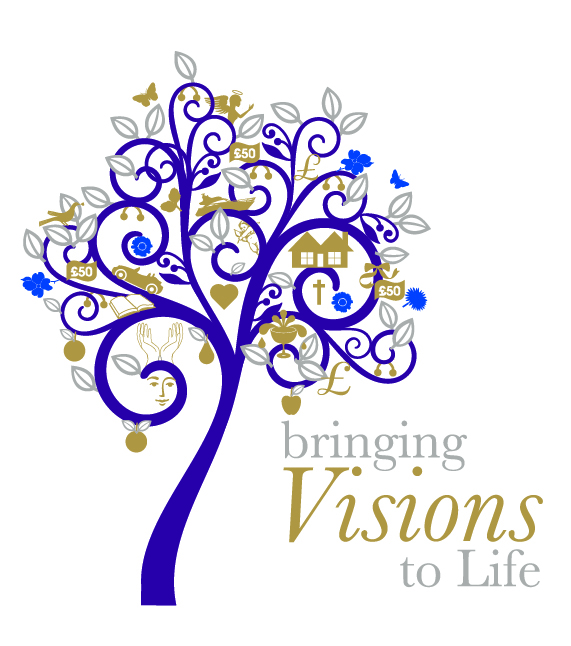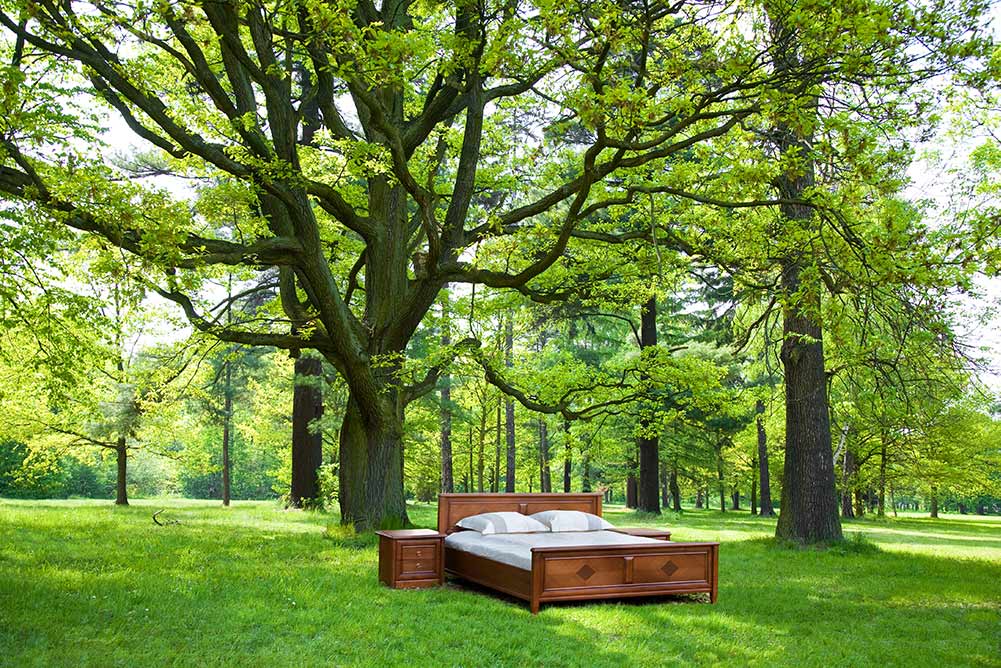Do you wake up feeling energised and ready to start the day? Or with a groan?
Do you fall asleep easily and stay asleep?
Do you have disrupted sleep through the night?
Last month I spent five days at a sleep retreat. After more than a decade of suffering from cycles of insomnia I had reached the end of my tether.
I was so tired of feeling tired! My lack of sleep was impacting on my focus, on my health and on my productivity.
I would go to bed and not be able to fall asleep, and this would only get harder as, the later it got, the more I anxious I became about the fact that I had to get up for business in the morning. Only occasionally can I recall a morning where I was able to just jump out of bed feeling recuperated or re-energised.
I’m far from being alone. According to the Stress Management Society, over 35% of the population currently suffers from insomnia or another sleep disorder. One person on the sleep retreat goes out like a light but regularly wakes up at 2, 3, 4 or 5am and cannot get back to sleep.
Bad sleep is both a cause and a symptom of stress. It affects both mental and physical health. Many people end up self-medicating – having a large glass of wine to “unwind”, spending the evening surfing the internet or watching TV, none of which actually helps.
Sleep is essential for energy, health, productivity, and emotional balance. And most people don’t get nearly enough.
The way you feel, think and act during your waking hours hinges on how well you sleep at night. Similarly, your daytime habits can seriously impact the quality and quantity of sleep you get at night.
From a workplace perspective, lack of sleep can have a negative impact on employees; it can make employees fatigued and therefore less motivated and less productive.
As I was experiencing some of this personally and I also knew some of my clients do too, I headed off to a beautiful village called Warnford in Hampshire to The Sleep Retreat. It’s a therapeutic getaway that combines exercise, fresh air, diet, alternative therapies (such as massage) and one-to-one and group cognitive behavioural therapy that is specifically designed to tackle insomnia. Their work has been described as life-changing.
I had to keep a sleep diary the week running up to the retreat and calculate my average sleep per night. I was then given a sleep schedule that I had to follow for between four to six weeks following the retreat to see a difference.
It was a fascinating insight into the physiology of sleep. For example, asking ourselves: What am I? Sleepy tired or fatigued? Sleepy tired is when you can put your head down and fall asleep within moments. Fatigued is when you feel tired mentally and perhaps physically and need to rest, it also could be when you feel foggy and just want to rest, but you wouldn’t fall asleep instantly.
I realise that what I often felt during the day was fatigued and not sleepy tired.
The retreat is all about promoting a good nights sleep, but it’s visually stunning as well. Rooms are decked out in The White Company, with pillows and mattresses to suit preference: soft, medium and firm. Meals are freshly prepared with herbal teas and water from the natural spring bottled daily for your room. There is evening entertainment aimed at “relaxing your mind in ways that you may not be used to”, and I enjoyed the talks, live music and poetry and even an art class. All in about 70 acres of greenery.
I am on week five, and, whilst I haven’t been able to follow the programme to the letter every night, already my sleep has seen a monumental change. Every night I have fallen asleep within 15 minutes!
So if you are having sleep problems you are not alone and my advice is to actually do something about it. You do not have to put up with this, it’s a third of your life and it’s worth investing in.
If you would like to talk to me directly about my experience do contact me on neelam@designerlife.local
Or visit https://the-sleep-retreat.com/ to find out more about the retreat.

